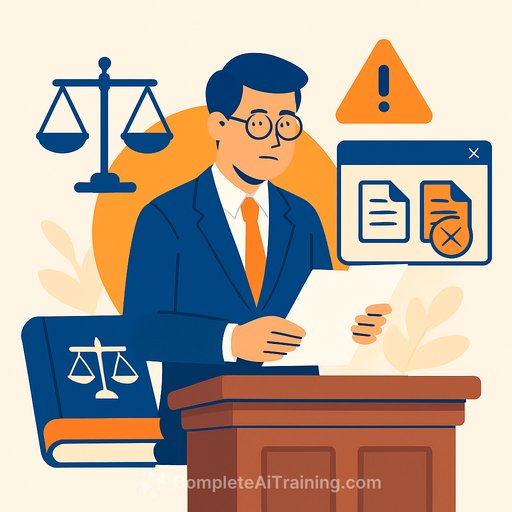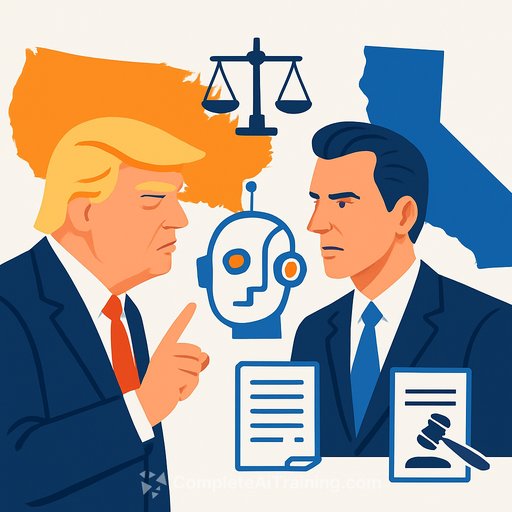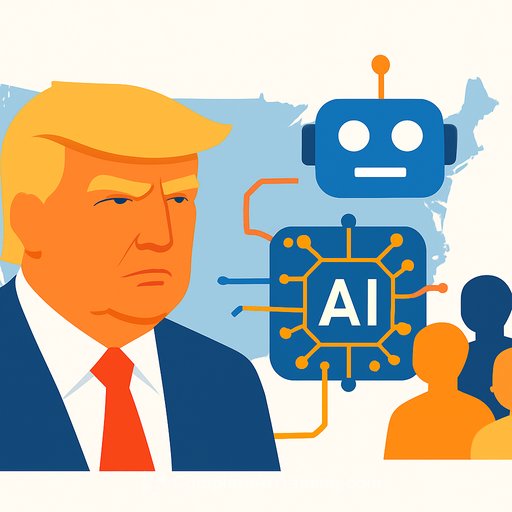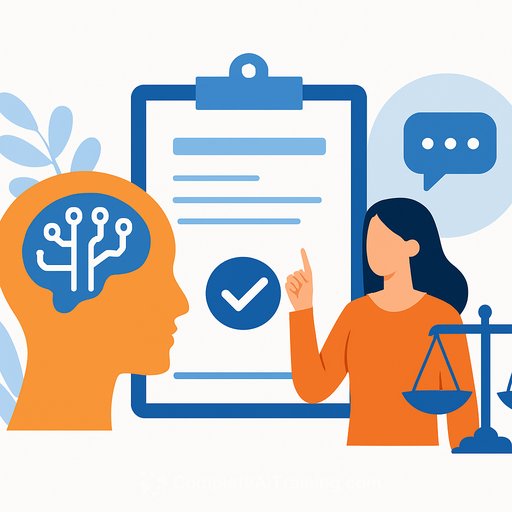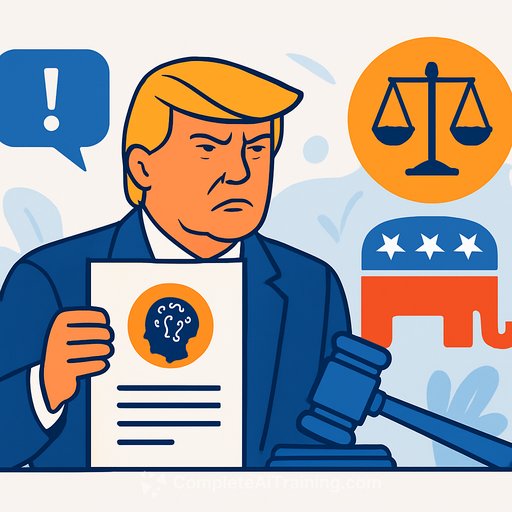WA Lawyer Referred to Regulator Over AI-Generated Fake Case Citations
A Western Australian lawyer has been referred to the state’s legal regulator after submitting court documents containing case citations generated by artificial intelligence that referenced non-existent cases. This incident is part of a growing number of legal matters in Australia where AI tools have produced inaccurate or fabricated information in court submissions.
In a recent federal court decision, the lawyer was ordered to pay $8,371.30 in costs after four fake case citations were found in submissions related to an immigration matter. The Legal Practice Board of Western Australia has been asked to consider the lawyer’s conduct following the discovery.
Judicial Concerns About AI Use in Legal Practice
Justice Arran Gerrard emphasized the risks of relying solely on AI when preparing court documents. He noted that while AI tools can assist, they must not replace the lawyer’s duty to verify and understand the legal authorities cited. The lawyer admitted to over-relying on two AI tools—Anthropic’s Claude and Microsoft Copilot—without adequately checking the results against trusted legal databases.
In an affidavit, the lawyer acknowledged an “incorrect assumption” that AI-generated content was inherently reliable, leading to insufficient verification. He offered an unreserved apology to the court and opposing counsel for the errors.
Warnings from the Court
Justice Gerrard made it clear that the court does not reject the use of generative AI outright. However, he warned about the increasing number of cases where AI has produced fictitious citations, which can undermine strong legal arguments and waste the time and resources of courts and parties involved.
He stressed that lawyers must do more than check if a case citation exists—they must thoroughly review the substance of cited cases. “Legal principles are not simply slogans which can be affixed to submissions without context or analysis,” he stated.
Broader Pattern of AI-Related Errors in Australian Courts
Since generative AI tools gained popularity in 2023, at least 20 Australian cases have surfaced where AI hallucinations caused misleading or incorrect legal submissions. Recently, a Victorian Supreme Court judge reprimanded lawyers for filing documents containing fake citations and inaccurate quotes generated by AI in a murder case.
Similar incidents have occurred in New South Wales and Victoria, with some lawyers being referred to their state legal regulators. The issue extends to self-represented litigants as well. In one NSW Supreme Court case, a self-represented party admitted to using AI to prepare their appeal speech. Chief Justice Andrew Bell noted that while not criticizing the litigant, unrepresented parties lack the professional and ethical oversight that lawyers have, increasing risks of errors and added burdens on courts.
Professional Guidance on AI Use in Law
The Law Council of Australia’s president, Juliana Warner, acknowledged the potential of advanced AI tools to assist with administrative tasks in legal practice. However, she emphasized that such tools do not replace the professional judgment lawyers owe their clients and the court.
Warner highlighted that courts view AI-generated fake citations as a serious issue but cautioned against outright bans on AI use in legal proceedings. She argued that prohibition would be impractical and could hinder innovation and access to justice.
Key Takeaways for Legal Professionals
- AI tools can support legal research but require careful validation of all outputs before use in court documents.
- Lawyers must maintain their duty to the court by thoroughly reviewing and understanding all cited authorities.
- Errors from AI-generated content risk wasting court resources and damaging professional reputations.
- Judicial warnings signal increasing scrutiny on AI use in legal practice, especially for unrepresented litigants.
For legal professionals seeking to integrate AI responsibly and improve verification skills, exploring targeted AI training courses can be valuable. Resources like Complete AI Training’s courses for legal professionals offer practical guidance on effective AI use while maintaining professional standards.
Your membership also unlocks:

